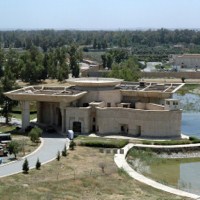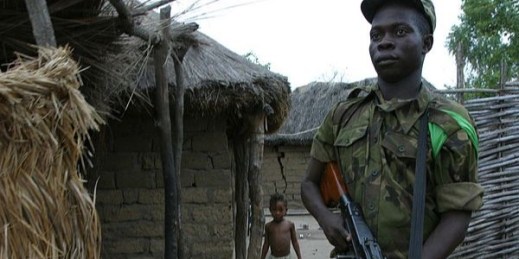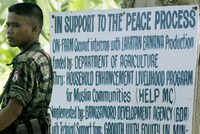
When the Islamic State of Iraq and Syria (ISIS) launched its blitzkrieg assault on Iraq, it suddenly put the entire country in play, threatening its very existence. The rapid territorial gains by the ultra-extremist Sunni militant group put enormous pressure on the government of Iraqi Prime Minister Nouri al-Maliki. But it is not only Maliki who faces difficult and urgent choices. The Iraqi crisis is also a pressing challenge for U.S. President Barack Obama. As Obama and his advisers survey the disastrous scene, examining the possible scenarios that could emerge from the crisis and weighing the options for Washington, all […]


